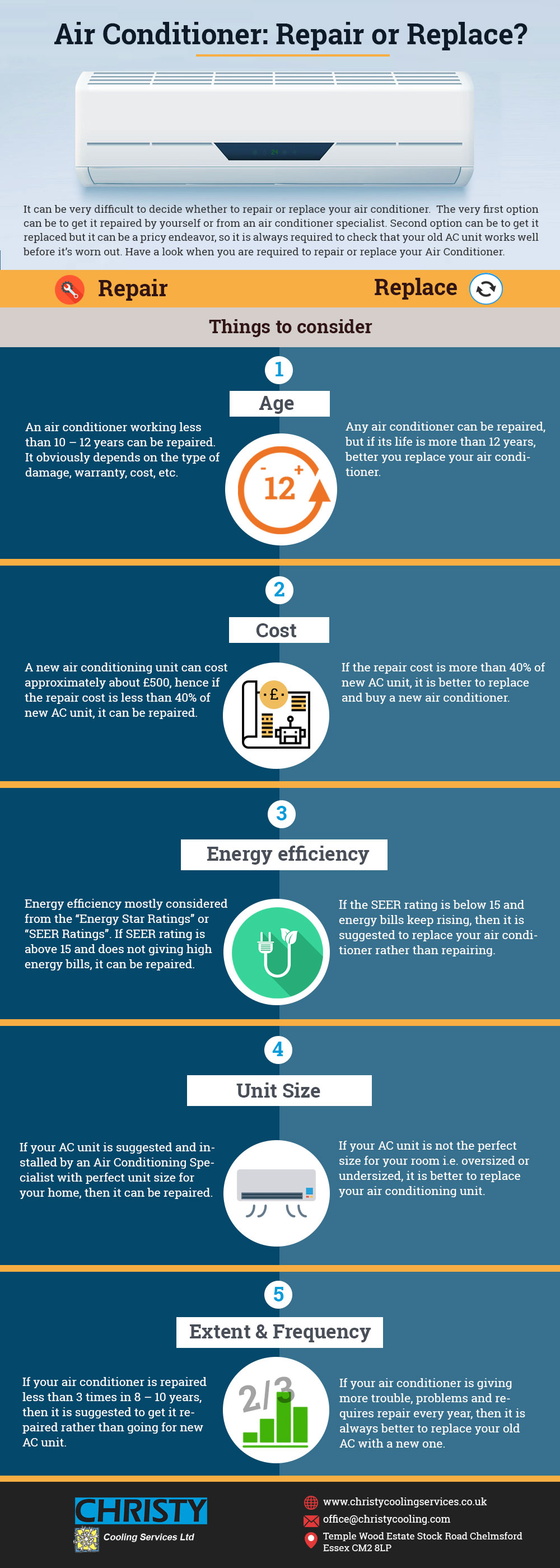Heat Pump Vs Furnace - Which Is The Better Heating Option For Your Home?
Heat Pump Vs Furnace - Which Is The Better Heating Option For Your Home?
Blog Article
Write-Up By-Ashworth Sims
Many house owners are familiar with heating systems, which heat homes with oil or natural gas and push hot air via ductwork. They are relatively inexpensive and can offer trustworthy heating also during a winter power interruption.
Nonetheless, they utilize fossil fuels and create carbon monoxide gas and various other air pollution. They additionally aren't as energy-efficient as a high-efficiency heat pump.
Cost
Normally, heat pumps are more budget-friendly to operate than heaters. They generally make use of electricity and cooling agent to remove warmth from exterior air, and afterwards move it into your home. You can make use of more affordable power prices during off-peak hours to further decrease your heating prices.
Unlike heatpump, gas or wood-burning heating systems use burning to produce heat, sending out flue gases right into the environment that can be dangerous to your wellness. link webpage are additionally less energy-efficient than heat pumps, and their higher operating expense can build up in time.
Heaters are more complicated than heat pumps and call for regular upkeep to make certain the proper function of all parts. In spite of this, they have a tendency to last longer than heatpump with a typical life expectancy of two decades or more. Nonetheless, you'll require to consider the cost of gas, fuel oil or wood and the added equipment required for setup and procedure such as air ducts and air flow systems.
Energy Efficiency
Heat pumps have a higher power efficiency score than heaters. install heat pump make use of power to feed on heat from the air, also in freezing temperatures. They can likewise get rid of excess heat from the home throughout warmer months and reuse it to cool the system. Service provider professionals can aid you identify the best version for your online on environment and resource power costs.
Heaters melt gas oil, propane, natural gas or various other types of nonrenewable fuel source to heat the air in the home. This air is then spread via ductwork utilizing a large fan. Heating systems produce greenhouse gases and require regular upkeep and equipment upgrades to guarantee secure procedure.
The most significant advantage of a furnace is that it can be operated even in harsh winter months conditions because it does not count on outside temperatures to warm the air. Furnaces also have a longer lifespan than heatpump and typically last 15 years. They can likewise be paired with double fuel options, which pick the most effective heating option based on the weather condition.
Climate
Heat pumps work well in modest environments and use less source energy than furnaces. Nonetheless, if your region is incredibly chilly, you might need to invest in a common gas heating system rather.
Heating systems offer warm, comfy heat and typically provide fast heating to increase interior temperature levels. These systems can be made use of with a range of gas types, consisting of gas, gas, oil or electrical power.
They eat extra energy than heatpump-- as much as 3x as much-- and require ductwork that's expensive to set up or retrofit. They're additionally extra pricey to keep, as they can cause air high quality concerns and create greenhouse gas exhausts.
If you're dedicated to lowering your carbon footprint, a heatpump is a great option for your home. They have fewer greenhouse gas emissions than heaters, especially if you select an ENERGY STAR ® heat pump. air conditioning installation and repairs christchurch can explain the distinctions in between these two heater and assist you make the best decision for your one-of-a-kind needs.
Individual Preferences
Heaters can be very energy reliable when powered by natural gas, lp or oil, however they aren't as power efficient as heatpump in icy environments. They can also be extra pricey to set up, requiring gas lines and ventilation systems.
Nevertheless, heating systems often tend to require less upkeep, which can lead to lower recurring expenses. They create fewer greenhouse gases and are extra dependable than heatpump during severe weather condition.
Electric heatpump are extra versatile in producing interior convenience since they can likewise work as a/c unit throughout warmer months. They can be easier to maintain, requiring just normal air filter adjustments and occasional vacuuming.
If you choose the convenience of a single system that does it all, think about a crossbreed heating solution that pairs a furnace with an electric heatpump. These systems can instantly switch in between both home heating choices based on your home's needs and temperature level conditions, optimizing efficiency and savings.